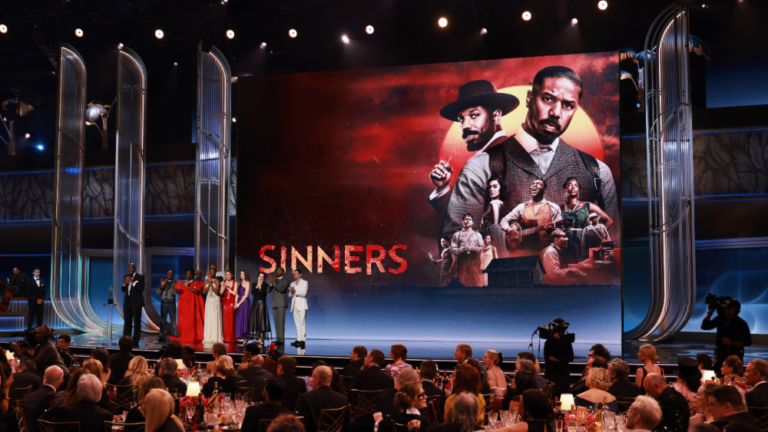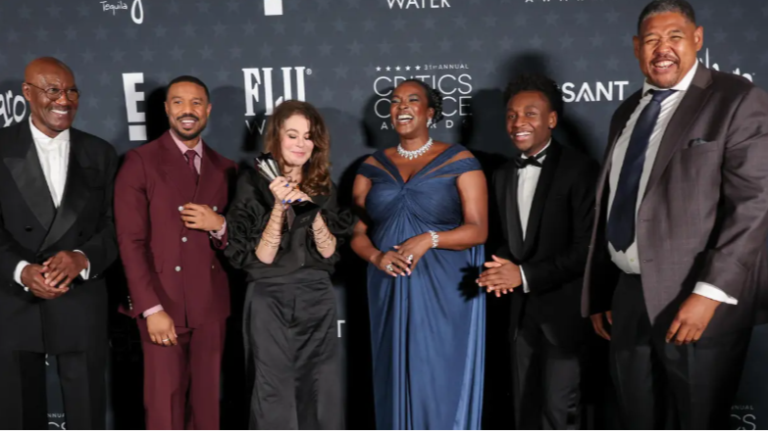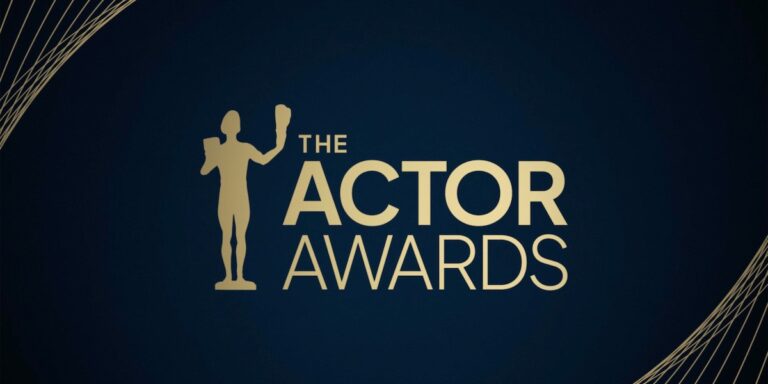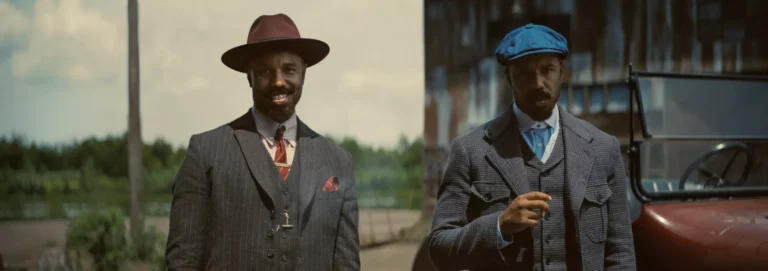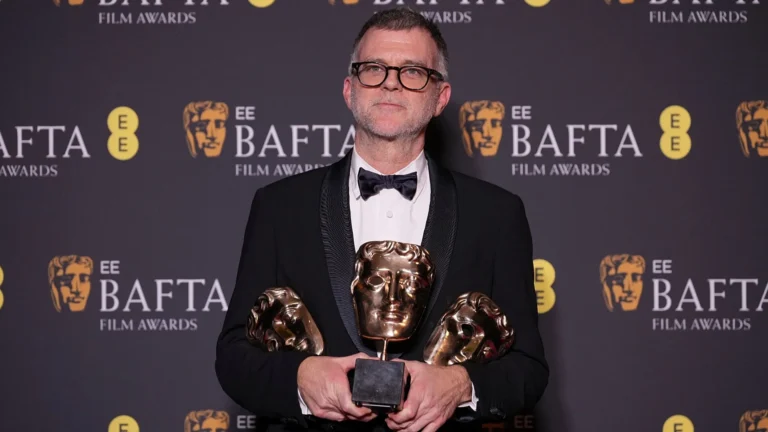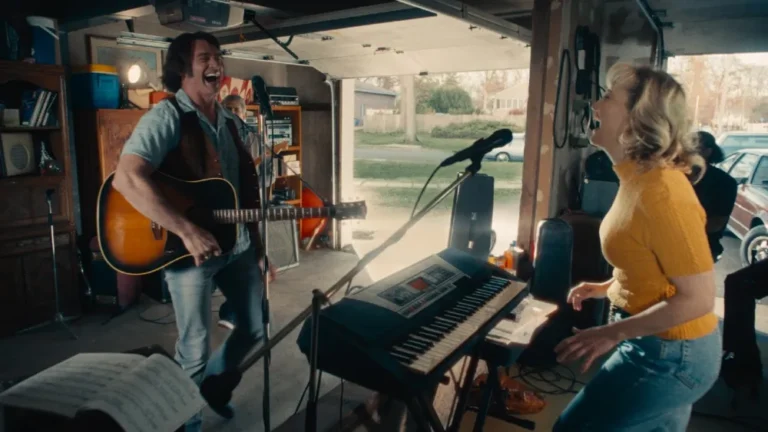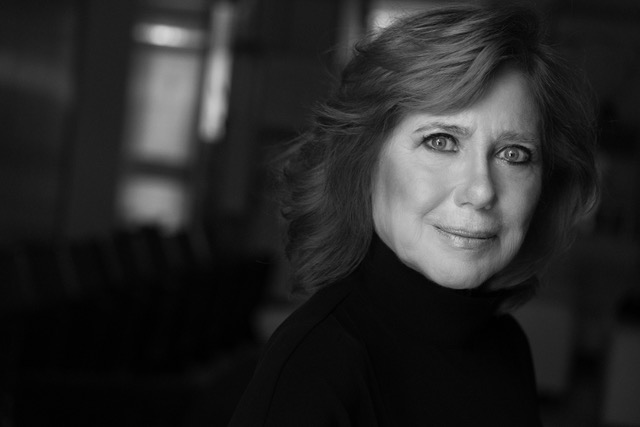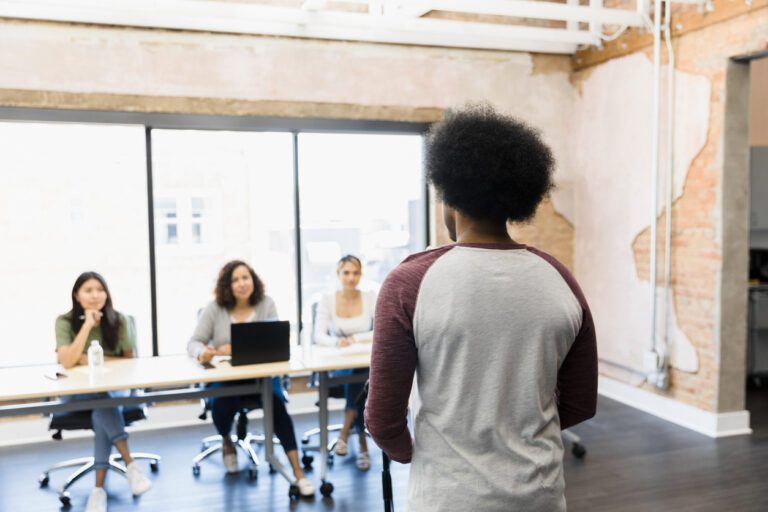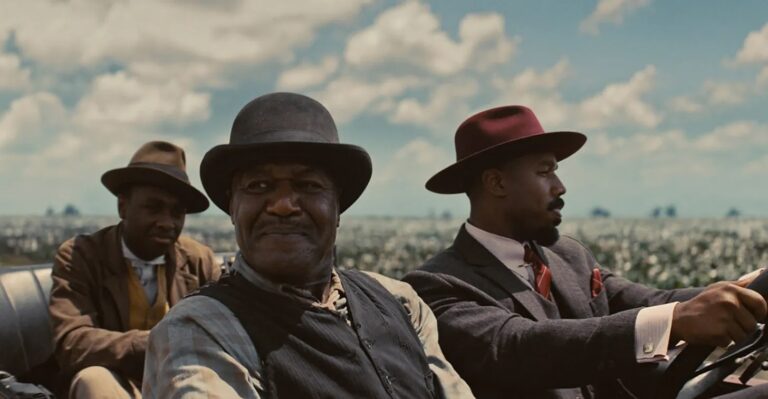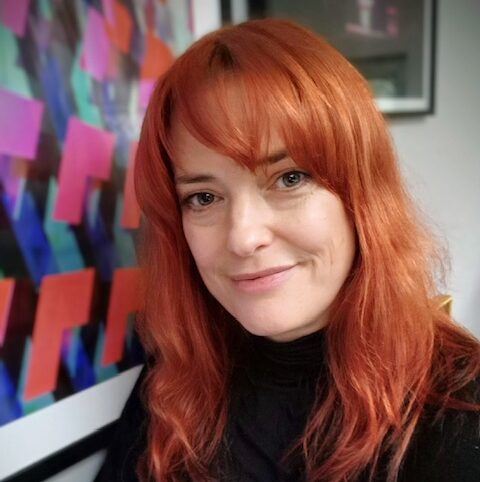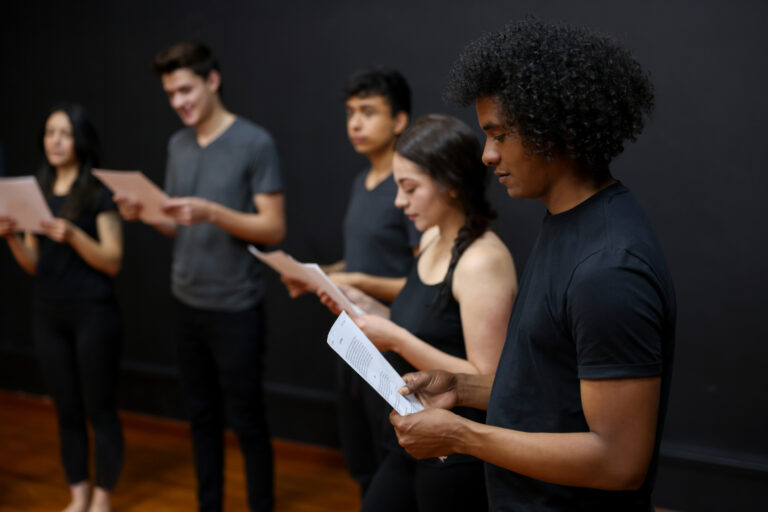Everyone has an interesting story about how they got into casting. It’s universal. However, most of those stories involve going to college — not dropping out to pursue a brand new dream on a whim.
Sometimes those decisions turn into brilliant careers. Take Michelle Lewitt, who was a casting director on the original Transformers movie, as well as several other blockbusters. She is now one of indie film’s preeminent casting specialists, with no less than seven films released in 2024, two in 2025 (Uppercut and Touch Me) and at least eight more in either pre- or post-production. She spoke to us from her office in LA.
Insights: Lessons From Michelle Lewitt
- Highlight your unique background and skills during casting opportunities, showing how they can add value to actor assessments.
- Embrace mentorship but also let your own creativity influence your approach to casting and developing your career.
- In auditions, prioritize authenticity by bringing your true self to the character, which is often more compelling than trying to meet perceived expectations.
Thinking about joining Casting Networks? Sign up for a free trial today!
How did you get into casting in the first place?
You know, it’s an interesting, sort of long-winded story.
I’ve talked to more than 100 casting directors. Every single one has a sort of long-winded story.
(Laughs) Okay, perfect. Then I’m right in line with what I should be doing.
I love basketball, and I have been playing since I was six years old. I’ve been coaching for the last couple of decades, and my original intention was to be a collegiate basketball coach. When I got to college in ’99, I started cold-calling a bunch of collegiate coaches, saying, “May I interview you for 10 minutes? I want to pursue college coaching, and I would love to get your insight on it.” A few said yes and gave me their 10 to 15 minutes. Not only was it incredibly insightful, it also offered me the reality that there’s a lot of politics in collegiate coaching. When you’re winning, they love you. When you’re losing, they fire you.
That’s a pretty big wake-up call.
For me, being so emotionally invested in basketball, I started rethinking if that’s what I wanted to do. I was having a conversation with my best friend at the time, analyzing and overthinking and whatnot. He asked me, “If you could do anything besides coaching — forget about what your parents think, forget about education, money, if you could do anything besides coaching — what would it be?” I took a moment, and “casting director” flew out of my mouth.
Did you even know what casting was? That happens pretty often, where casting directors often had no clue before they started doing it.
I didn’t even know [casting] was a term. My friend looked at me like I had two heads, and said, “Okay, then I guess go do that.” This was before Google was popular, so I went to the bookstore and got a book on casting, and I quickly realized that there are many different types of casting: commercial casting, theatrical casting and episodic casting.
I grew up in LA watching films with my mother, so I have loved movies for as long as I can remember. I said, “Well, I’m definitely a feature film girl.” I went back to the bookstore and I got a book on all the top feature film casting directors in the industry, and I wrote them all a letter — not an email, I typed out a letter — and my pitch was, “In the same way I assess the skills and talents of basketball players to assemble a successful team, I want to redirect that intuition to assessing the skills and talents of actors in assembling a successful cast.”
I imagine they were not getting a lot of those back then.
A few of them bought that pitch, and I got a couple of interviews. One of those interviews was with legendary casting directors Jane Jenkins and Janet Hirshenson. It went great. They said, “Look, we really like you, but we already have an assistant, so we can offer you an unpaid internship.” I was 19 years old. I said, “Absolutely, I will take that unpaid internship.”
That interview was on a Friday. I started the internship on a Monday. Two weeks later, I dropped out of school (which was a great phone call my dad got), though my folks were quite supportive, so I was fortunate in that way. Two weeks later, they fired their assistant and hired me as their new casting assistant, and I worked my way up from casting assistant to casting associate to casting director over the last three years that I was with them. We were partners, and I was with them for a total of 10 years.
How did that lead to you going off on your own?
They were moving into retirement, and I was about to have a child and start a family, so I took a little hiatus to pop out a couple of kids. I did keep my toe in the casting waters as a consultant, but after staying home for about a year with my first and second son, I decided to, with Jane and Janet’s blessing, open my casting shingle and pursue casting on my own, specializing in independent film.
Once you figured out that you wanted to pursue casting, what was it that ensnared you and made you fall in love with it?
One of my strengths is intuition and being able to adapt one’s vision. Giving credit to Jane and Janet, who offered that we have a lot of creativity in the space, they offered their approach to it, and then also cultivated my lens and creativity within that.
It was sort of a combination of teaching and mentoring, but allowing me my creativity very early on. I would observe Jane and Janet’s creative instincts, and then they left room for mine. I think because they did allow me such freedom while learning, really quickly I got to hook into the fun of creativity with filmmaking and how unique and interesting every director is. Their incredible support of me early on caused the filmmakers we worked with to also have trust in me.
When you decided to come back, what was it about indie film that made you want to focus on that?
There’s a certain intimacy to independent film casting because I’m sitting in a room, or on Zoom, with a director and maybe one or two producers, as opposed to 15 studio executives, right? When having conversations, creative intimacy is just something that I value. I can hold space for them to feel seen and heard. They hold space for me to be seen and heard. That’s not always the case when working on a studio film, where there are potentially other variables or priorities with the team of filmmakers and studio executives. We get to collaborate in a really rewarding way, and that is something that cannot be duplicated in the studio world.
Are there any actors to whom you have given key roles who went off to become stars?
We were casting Friday Night Lights, the movie, and my goodness, we auditioned so many young men. One of them was Channing Tatum. We had a day full of sessions — it was this one speech that everyone was giving over and over — and after doing so many, I was in the room with Channing, just working with him and tweaking it and whatnot. Ultimately, Channing was not going to be the guy for the movie, but when Jane asked why I was in with him for so long, I said, “There’s just something so interesting about him.”
We were also [casting] this biking movie, Supercross, and there was this one supporting role we couldn’t find the guy for. We needed a hotshot Supercross champion, and no one quite had the savoir-faire, charm, and charisma that the director wanted for it. It was the day after I had auditioned Channing for Friday Night Lights, and I was like, “I’ve got your guy.”
Doing as much indie film as you do, what piece of advice or wisdom would you give to someone coming in to audition for you?
I think the number-one thing that has proved to just be effective in the audition space is authenticity. When an actor auditions for a role, often the thought process is, “Okay, what do they want? How do I perform this in the way that they want to see?” That’s going external before you go internal, and it’s not nearly as effective, based on my experience.
Look at yourself and what you bring to the table for this character, and then mold the character based on what you authentically can bring. More often than not, if an actor is coming from an authentic place, even if it’s the wrong choice or character direction, I will pick up on it. Often, my director or my producer, whoever it is, will say, “You know what? They’re really interesting. They took it in a little bit different direction.” They’re responding to that authenticity.
For me, working largely in independent film, we’re looking for authentic humanity. Going internal before you go external is probably the best advice I [can give].
You may also like:
